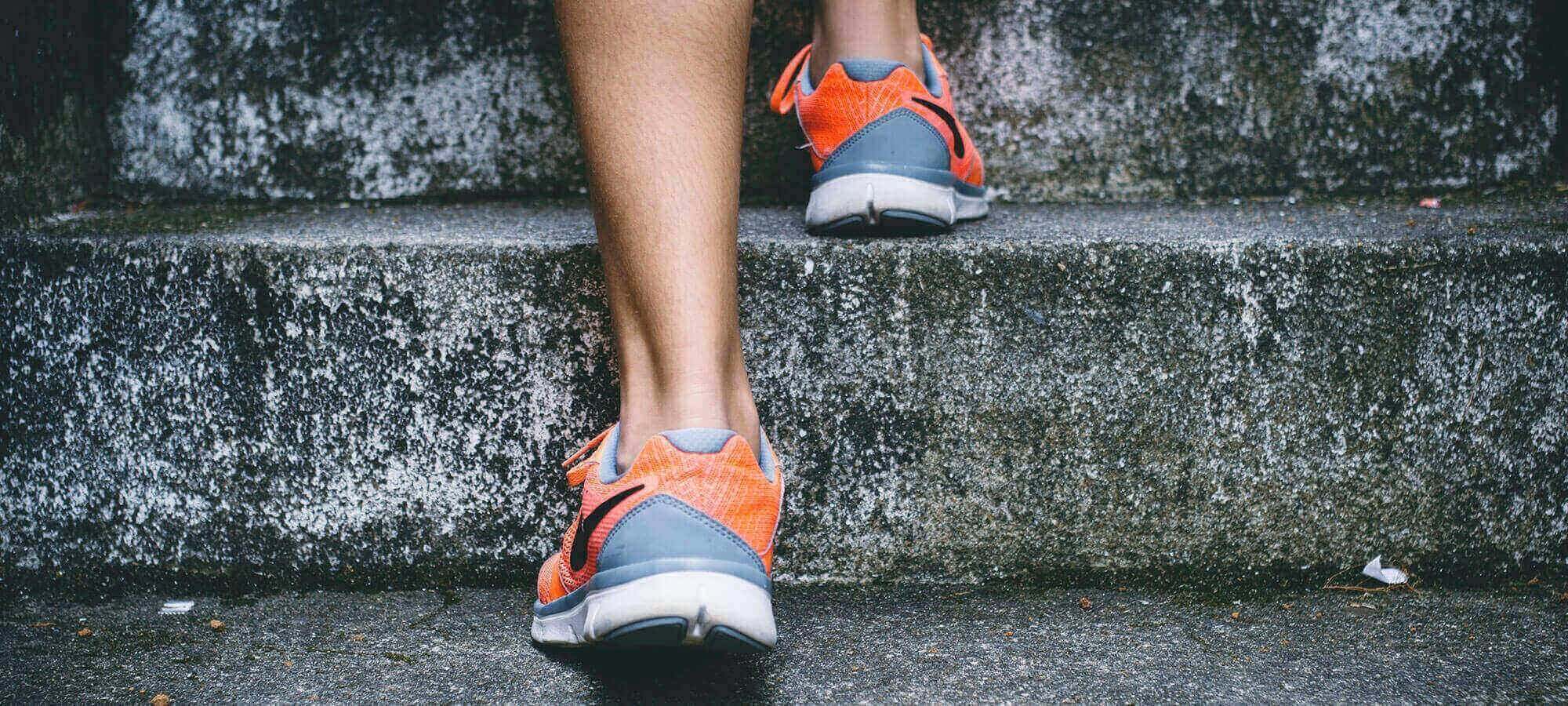
Physical activity is not only good for your body, but it’s also good for your mental health and well-being!
There are countless ways you can be active, and not all of them need to include doing sports or going to the gym. Physical activity can mean any movement of your body that uses your muscles and expands energy.
It can be fun to think creatively about all the everyday things you might do that contribute to 20 minutes of exercise a day, which is recommended for the average adult. This could include walking to and from the bus stop, taking a walk on your lunch break at work, climbing stairs, or even pottering around the house!
Some of the positive mental health impacts of physical activity:
- Opportunities to join groups, allowing you to meet and connect with people.
- Building a better sleeping pattern, as physical activity will make you feel more tired at night.
- Getting outside in nature, can help reduce our levels of stress, anxiety and depression.
- Boosts self-esteem as you meet goals and improve over time.
- Improving your overall mood, as exercise can release feel-good hormones.
Here are some ideas to help you get more active:
- Sitting less – if you spend a lot of your day working at a desk, or generally sitting down often, try to get up and move a bit every hour.
- Household activities – cooking, hoovering, tidying, cleaning, can all be active.
- Dancing – dance is a great way to improve your mood, as you can listen to music that you like, while getting moving! If you live with children, this can be a fun thing to do together.
- Sitting exercises – gentle sitting exercises can help improve mobility. You can find examples of sitting exercises on the NHS website.
- Strength and flexibility exercises – strength and flexibility exercises can help increase muscle strength and improve balance, among many other things! You can find examples of strength and flexibility exercises on the NHS website.
- Running and aerobic exercises – running and aerobic exercises can help you get moving and improve your overall fitness. Plans such as ‘Couch to 5K’ can help you gradually move towards running 5K in 9 weeks. You can find examples of running and aerobics exercises on the NHS website.
It is also important to note that physical activity isn’t a cure-all – you may find it helpful at times and other times not so much, and that’s okay! For some people, exercise and physical activity may not be the most appropriate way to improve their mental health. For example, people that have an eating problem, or people that take regular medication. If there are factors you need to consider before getting started, talk to your doctor or GP first.
We hope that you find our tips on physical activity and mental health helpful!
References:
- https://www.mentalhealth.org.uk/explore-mental-health/publications/how-look-after-your-mental-health-using-exercise
- https://www.mentalhealth.org.uk/explore-mental-health/a-z-topics/physical-activity-and-mental-health
- https://www.mentalhealth.org.uk/our-work/research/nature-how-connecting-nature-benefits-our-mental-health
- https://www.nhs.uk/live-well/exercise/
- https://www.nhs.uk/live-well/exercise/exercise-health-benefits/
- https://www.mind.org.uk/information-support/tips-for-everyday-living/physical-activity-exercise-and-mental-health/tips-for-getting-physically-active/



